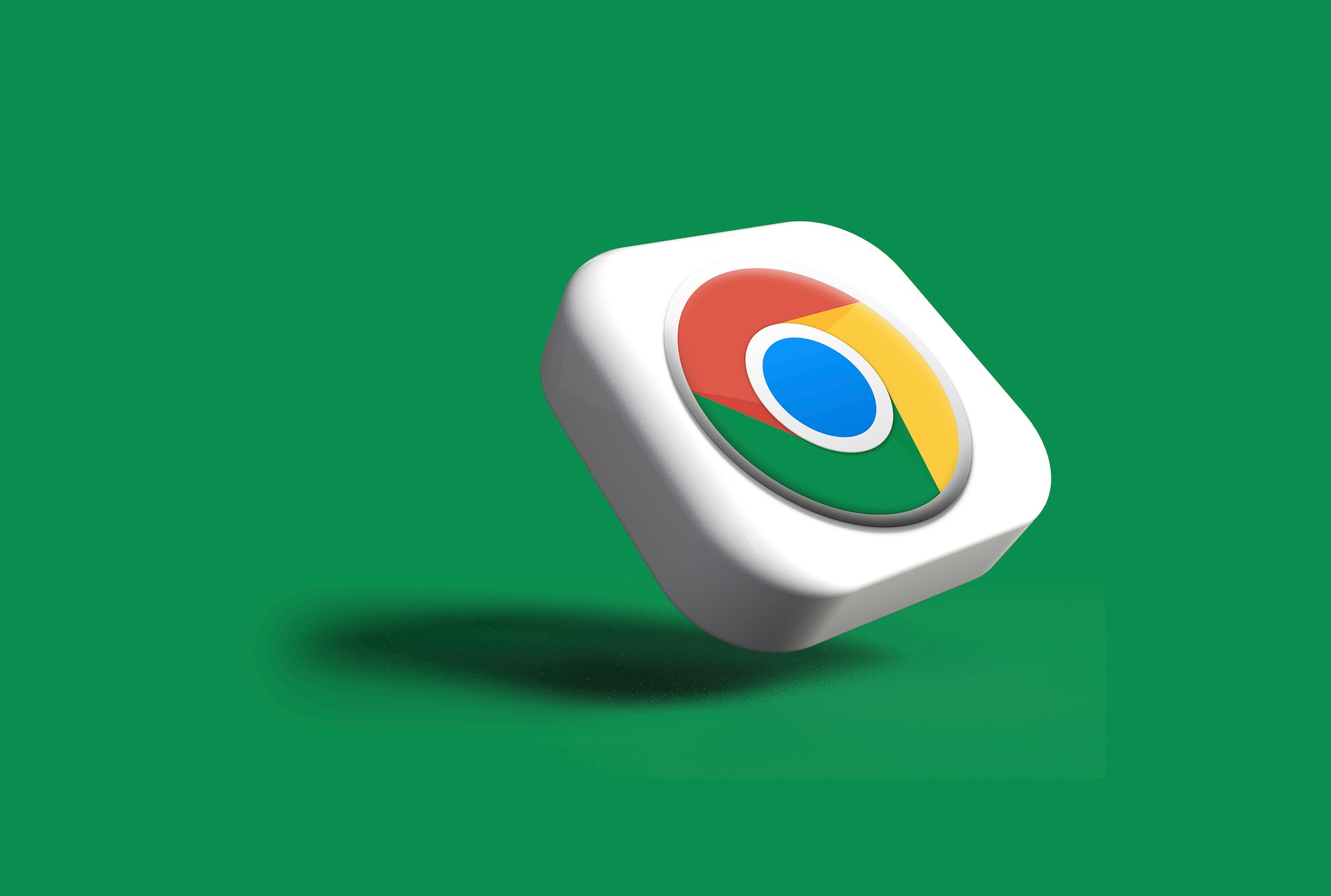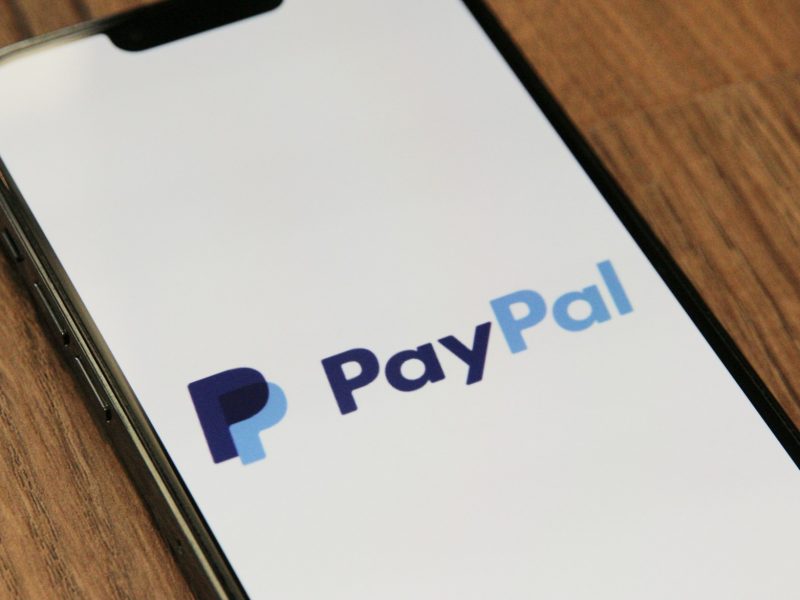Tissues help with runny noses, adhesive tape is great for sticking things together, and lip balm takes care of dry lips. There are some companies that have successfully integrated their brand names into everyday language, and one of the most prominent is Google.
“Googling” — using an internet search engine — has become a commonly used phrase, and it’s even made its way into dictionaries. The term was added to the Merriam-Webster dictionary around 20 years ago, marking a significant milestone for the tech giant.
But while this was good news for Google, it wasn’t for its competitors, right? Yes, but that might be changing. It appears that the term “googling” is starting to lose relevance among teenagers and young adults, which could have serious consequences for Google.
Google is Losing Ground
According to a study by internet analysts at “Bernstein Research,” younger generations are less likely to “google” and more likely to just “search.” Business Insider was the first to report on this. The study suggests that Google may need to prepare to say goodbye to the dominance of the term “googling.”
This is a troubling forecast for Google, as the results focus on Generation Z (born between 1997 and 2012), a generation that has grown up fully immersed in the digital world. As Gen Z begins to enter adulthood, they are becoming a crucial part of the economy.
Their choices will influence how things are done and determine the next winners and losers in various industries. These choices, whether career paths or consumer decisions, might not align with those of previous generations.
The Shift Away From Google
It’s not just a linguistic change. Instead of relying on search engines like Google for recommendations on restaurants or hotels, Gen Z prefers using TikTok, which offers a vast array of relevant content. The platform’s visual format also saves time by cutting down on reading.
When TikTok creators recommend products, Gen Z doesn’t search for them on Google. Instead, they head straight to the brand’s website, skipping the search engine altogether. This streamlines the process by eliminating an extra step.
This could be a cause for concern for Google, especially regarding its advertising partnerships. The search giant might see a decline in its core product’s prominence. After all, no one says “Yahooing” anymore, despite Yahoo’s massive “Do You Yahoo?” ad campaign nearly 30 years ago.


